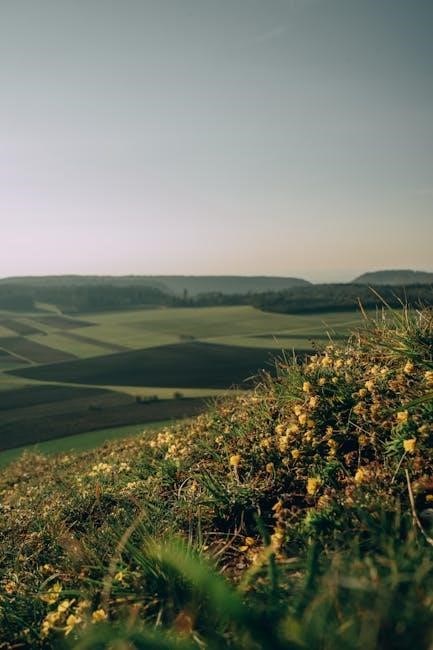The Land of Open Graves: A Comprehensive Article Plan
“The Land of Open Graves” is a powerful work, and a PDF version is sought after by many․ The text is a critical examination of the US-Mexico border․ It explores the harsh realities faced by migrants․
Overview of “The Land of Open Graves”
Jason De León’s “The Land of Open Graves: Living and Dying on the Migrant Trail” is a gripping ethnography that delves into the harrowing realities of undocumented migration across the US-Mexico border․ The book, a culmination of six years of research, combines ethnographic, archaeological, and forensic perspectives to paint a vivid picture of the suffering and death that occur daily in the Sonoran Desert of Arizona․
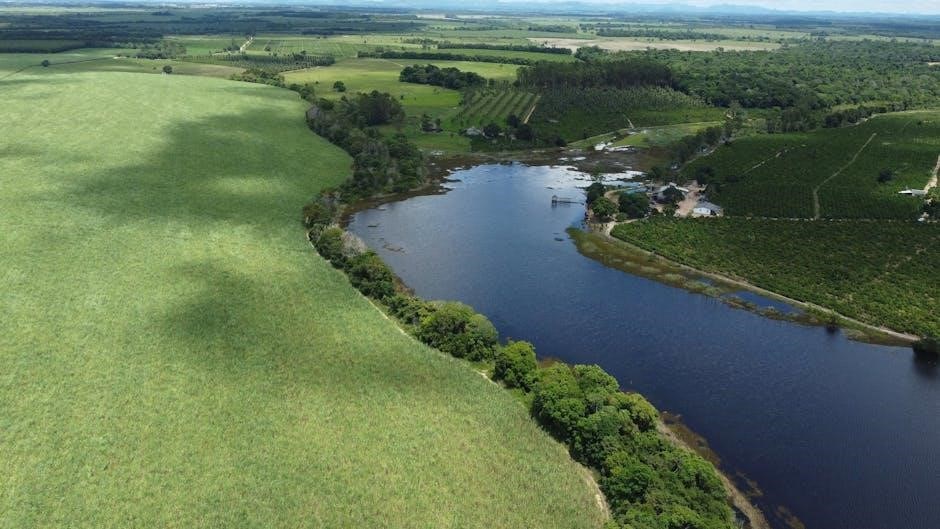
De León’s work exposes the human consequences of US immigration policy, revealing the violence and structural inequalities that migrants face․ Through firsthand accounts, forensic analysis, and compelling narratives, the book challenges readers to confront the ethical and moral implications of border enforcement strategies․ The availability of “The Land of Open Graves” in PDF format allows for wider accessibility to this important and politically charged study․ The book serves as a powerful indictment of the human cost of border policies, urging a deeper understanding of the migrant experience․
Jason De León’s Ethnographic Approach
Jason De León’s ethnographic approach in “The Land of Open Graves” is characterized by its multi-faceted and deeply immersive nature․ He employs a combination of traditional ethnographic methods, archaeological techniques, linguistic analysis, and forensic science to provide a comprehensive understanding of the migrant experience․ De León’s work transcends traditional academic boundaries, offering a holistic perspective on the complexities of undocumented migration․
His approach involves extensive fieldwork, including firsthand observations and interviews with migrants, law enforcement officials, and local residents․ By embedding himself in the daily lives of those affected by border policies, De León gains unique insights into the challenges, dangers, and human costs associated with crossing the US-Mexico border․ Moreover, the use of archaeological methods allows him to examine material culture left behind by migrants, providing tangible evidence of their journeys and struggles․ This innovative combination of methodologies makes De León’s work particularly compelling, highlighting the urgent need for more compassionate and humane immigration policies, further emphasized by the accessibility of “The Land of Open Graves” in PDF․
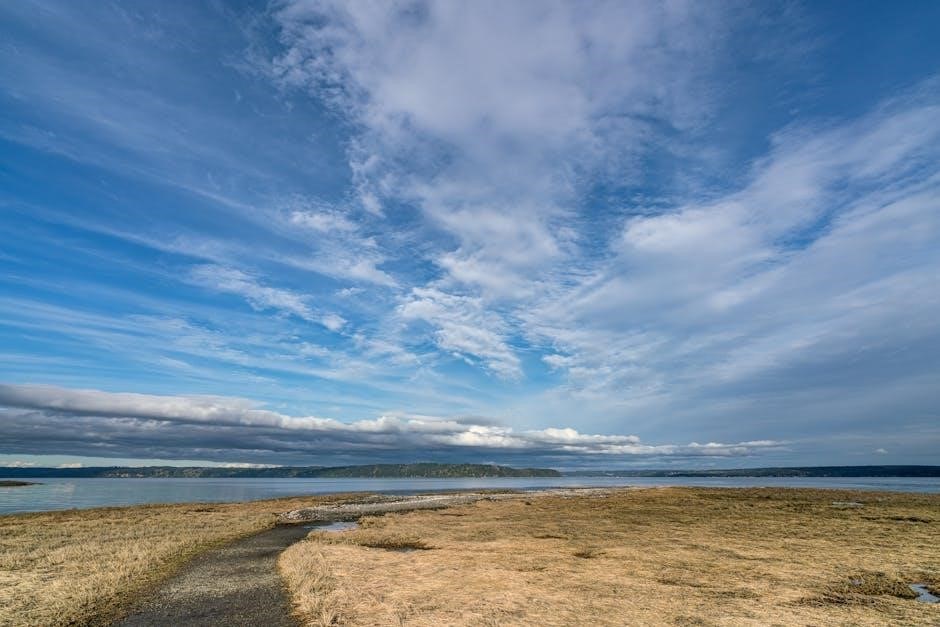
The Sonoran Desert as a Site of Suffering and Death
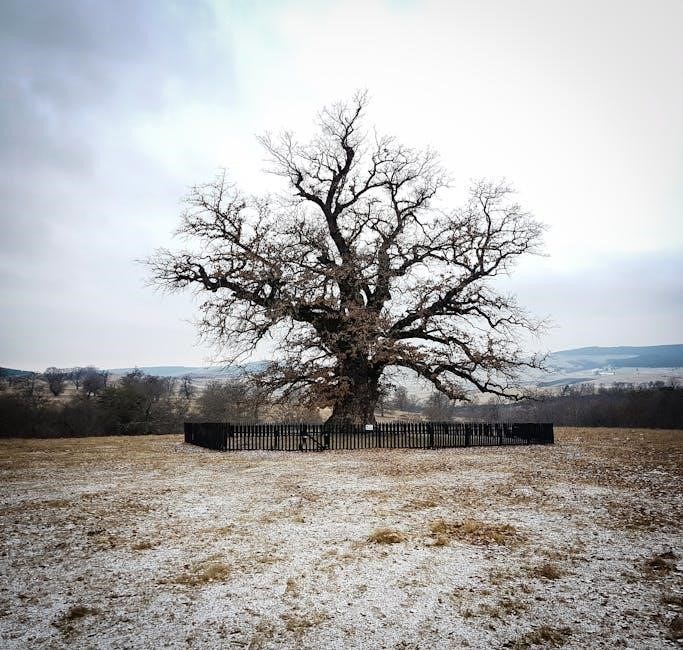
The Sonoran Desert, as depicted in “The Land of Open Graves,” emerges as a harrowing landscape, a stark testament to the suffering and death endured by countless undocumented migrants attempting to cross the US-Mexico border; De León’s work vividly illustrates how the desert transforms into a killing field, where the unforgiving environment, coupled with the dangers of border enforcement strategies, leads to devastating consequences․ The extreme heat, lack of water, and treacherous terrain create life-threatening conditions for those who traverse it․
Through ethnographic accounts and forensic analysis, De León exposes the brutal reality of the desert as a graveyard, where the remains of migrants often go unidentified and unacknowledged; The book reveals the devastating impact of US immigration policies that funnel migrants into these remote and perilous areas, effectively weaponizing the environment against them․ By highlighting the suffering and death that occur daily in the Sonoran Desert, De León challenges readers to confront the human cost of border security measures and consider the ethical implications of policies that contribute to such tragic outcomes, accessible for deeper understanding in “The Land of Open Graves” PDF․
Anthropological Methods Employed
Jason De León’s “The Land of Open Graves” stands out for its innovative and multifaceted approach, drawing upon the four major fields of anthropology to provide a comprehensive understanding of the migrant experience․ Ethnography forms the backbone of the research, with De León immersing himself in the lives of migrants, conducting interviews, and documenting their stories firsthand․ This allows him to capture the nuanced realities of their journeys, struggles, and hopes․ Archaeology plays a crucial role in uncovering the material traces of migration, examining discarded belongings, clandestine camps, and human remains to reconstruct the experiences of those who have crossed the border․
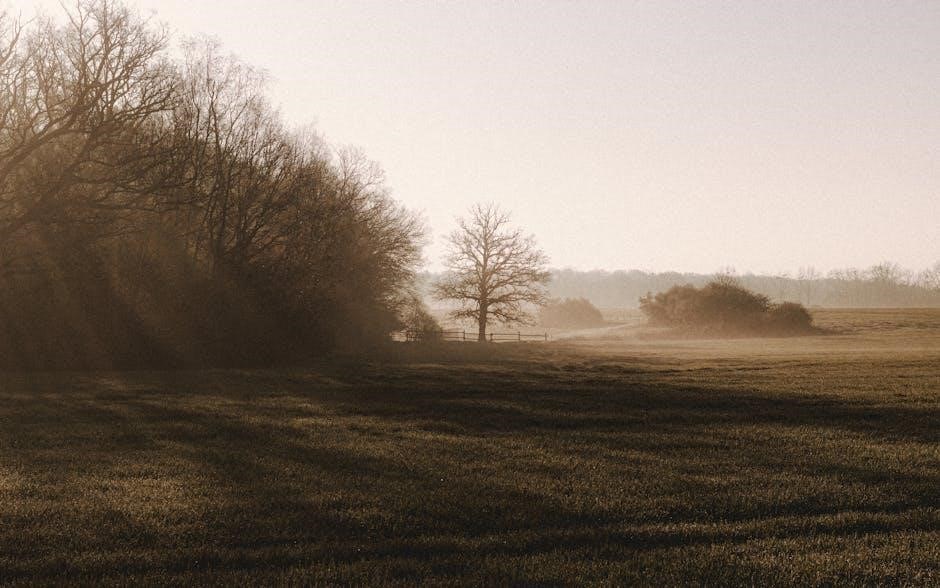
Linguistic analysis is employed to decipher the language used by migrants, revealing coded messages, survival strategies, and cultural nuances․ Forensic science contributes to the identification of deceased migrants, providing closure for families and shedding light on the causes of death․ By combining these diverse methodologies, De León creates a holistic and impactful study that transcends traditional disciplinary boundaries, offering a profound and disturbing account of the human consequences of US immigration policies․ The availability of “The Land of Open Graves” in PDF format ensures accessibility for researchers and students interested in exploring these methods further․
Critique of US Immigration Policy
Jason De León’s “The Land of Open Graves” delivers a scathing critique of US immigration policy, exposing its devastating human consequences․ De León argues that policies like “Prevention Through Deterrence” have not stopped migration but have instead pushed migrants into increasingly dangerous and remote areas, like the Sonoran Desert, leading to increased suffering and death․ He meticulously documents how these policies transform the desert into a killing field, where the environment itself becomes a weapon․
The book challenges the dehumanizing rhetoric often used to describe migrants, highlighting their agency, resilience, and humanity․ De León connects the violence experienced by migrants to broader structural forces, including economic inequalities, historical legacies of colonialism, and the militarization of the border․ He argues that US immigration policies are not simply ineffective but actively contribute to a humanitarian crisis․ By making “The Land of Open Graves” available in PDF format, the critique can reach a wider audience, fostering dialogue and prompting action towards more humane and just immigration policies․ The work calls for a fundamental re-evaluation of the ethical implications of border control․
The Role of Archaeology in Understanding Contemporary Migration
“The Land of Open Graves” innovatively employs archaeological methods to shed light on contemporary migration and the experiences of those who cross the US-Mexico border․ Jason De León goes beyond traditional ethnographic approaches, recognizing that the material remains left behind by migrants offer crucial insights into their journeys, struggles, and the systemic violence they face․ By studying discarded objects such as backpacks, water bottles, clothing, and even human remains, archaeology provides tangible evidence of the hardships endured in the Sonoran Desert․
This approach allows for a deeper understanding of the undocumented experiences, revealing patterns of movement, survival strategies, and the constant threat of death․ Archaeology helps to humanize migrants by uncovering the stories embedded within these artifacts, challenging the often-dehumanizing narratives prevalent in political discourse․ The archaeological perspective also highlights the long-term consequences of border policies, demonstrating how the landscape itself becomes a repository of suffering and a testament to the failures of current immigration systems․ The availability of “The Land of Open Graves” in PDF format ensures these crucial archaeological insights are accessible to a wider audience, fostering a more informed and empathetic understanding of contemporary migration․
Human Stories and Experiences of Migrants
“The Land of Open Graves” is centered around the poignant human stories and lived experiences of migrants traversing the perilous US-Mexico border․ Jason De León masterfully weaves together ethnographic accounts, oral histories, and forensic analysis to paint a vivid picture of the challenges, hopes, and tragedies that define their journeys․ These are not just anonymous statistics, but individuals with families, dreams, and the inherent right to seek a better life․ The book delves into the motivations driving migration, the strategies employed for survival, and the constant fear of violence, exploitation, and death․
Through detailed narratives, De León illuminates the complex social dynamics within migrant communities, highlighting both the solidarity and the vulnerabilities that arise in such precarious circumstances․ The voices of the migrants themselves are amplified, providing firsthand perspectives on the physical and emotional toll of crossing the Sonoran Desert․ “The Land of Open Graves” PDF makes these compelling stories accessible, fostering empathy and challenging the dehumanizing rhetoric often used in discussions of immigration․ By foregrounding the human element, De León compels readers to confront the ethical implications of current border policies and the urgent need for humane solutions․
Violence and Structural Violence at the Border
“The Land of Open Graves” meticulously examines the pervasive violence that migrants face along the US-Mexico border, extending beyond physical harm to encompass the concept of structural violence․ Jason De León argues that US immigration policies, designed to deter border crossings, create conditions that intentionally inflict suffering and death upon migrants․ This structural violence manifests in the form of dangerous terrain, lack of access to water and medical care, and increased vulnerability to exploitation by cartels and smugglers․
The book details how the militarization of the border pushes migrants into increasingly remote and deadly areas, effectively weaponizing the environment against them․ De León connects the immediate acts of violence, such as assaults and robberies, to the broader systemic forces that render migrants disposable and dehumanized․ “The Land of Open Graves” PDF exposes the ways in which government policies, economic inequalities, and social indifference contribute to a cycle of violence that disproportionately affects vulnerable populations․ By highlighting both the overt and covert forms of violence, De León challenges readers to consider the ethical responsibilities of a society that perpetuates such conditions․
Forensic Science and the Identification of Remains
In “The Land of Open Graves,” forensic science plays a crucial role in revealing the human cost of border crossing․ Jason De León details the challenges and complexities involved in identifying the remains of migrants who perish in the Sonoran Desert․ The harsh environmental conditions accelerate decomposition, making identification difficult and often impossible․ Forensic anthropologists and archaeologists work to recover and analyze skeletal remains, using techniques such as DNA analysis, dental records comparison, and skeletal trauma assessment to determine identity and cause of death․
The Land of Open Graves PDF highlights the emotional toll on forensic scientists and volunteers who grapple with the sheer number of unidentified bodies and the often-limited resources available․ De León emphasizes the importance of this work, not only for providing closure to families but also for documenting the scale of the humanitarian crisis at the border․ The book sheds light on the ethical considerations surrounding the treatment of migrant remains, advocating for a dignified and respectful approach to identification and repatriation․ Through forensic analysis, the silent stories of the deceased migrants are brought to light, challenging the anonymity imposed by political rhetoric and border policies․
Availability of “The Land of Open Graves” in PDF Format
The question of accessing “The Land of Open Graves” in PDF format is a common one among students, researchers, and individuals interested in the topic of US-Mexico border migration․ While a free, readily available PDF may be difficult to find due to copyright restrictions, there are several avenues to explore․ University libraries often provide access to ebooks, including “The Land of Open Graves,” through their online platforms, which students and faculty can access with their institutional credentials․
Purchasing the ebook version through official retailers like Amazon Kindle, Google Play Books, or Apple Books is another way to obtain a digital copy․ Some online platforms offer excerpts or sample chapters in PDF format, allowing readers to get a glimpse of the book’s content before committing to a purchase․ Additionally, it’s worth checking online databases and academic repositories for potential access, keeping in mind the importance of respecting copyright laws and intellectual property rights; Always ensure that any downloaded PDF is obtained legally and ethically․ Remember to support the author!
Impact and Reception of the Book
“The Land of Open Graves” has had a profound impact on academic discourse, public awareness, and policy discussions surrounding US immigration․ Jason De León’s innovative blend of ethnography, archaeology, and forensic science has offered a harrowing portrayal of migrant suffering and death in the Sonoran Desert, challenging conventional narratives and prompting critical reflection on the human consequences of border enforcement․
The book has been widely praised for its rigorous research, compelling storytelling, and unflinching critique of structural violence․ It has garnered numerous awards and accolades, solidifying its place as a seminal work in anthropology, Latin American studies, and migration studies․ Reviews have consistently highlighted the book’s emotional power, intellectual depth, and ethical commitment to amplifying the voices of marginalized communities․
However, the book has also sparked debate and controversy, with some critics questioning its methodological choices or political stance․ Nevertheless, “The Land of Open Graves” remains a vital and influential contribution to our understanding of the complexities of border crossing and the urgent need for humane immigration policies․ Its availability, including in PDF form, allows it to reach a wider audience․
